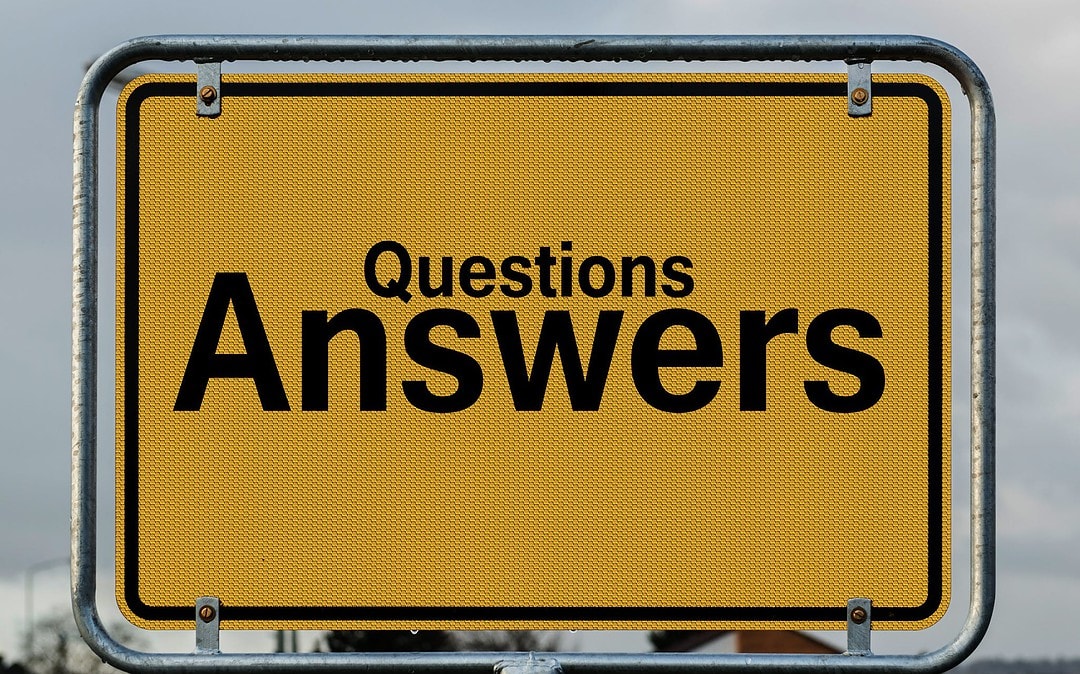Normally, to get payment for unintentional injuries, victims must prove the other driver's negligence. Negligence is a lack of care or a serious error that causes injury. Leaving the water running is an accident, but driving drunk and causing a crash is negligent.
Job-related injuries are different. Workers’ compensation is no-fault insurance. Victims don't need to prove negligence. Also, they don't need to prove who or what caused the accident or injury. As a victim, you can receive payment even if you were partly, mostly, or entirely responsible for the injury.
At first, the workers’ comp system quickly got injured victims back to work. In most cases, that’s what everyone wants. Today, though, the system is problematic, and the interests of insurance companies have influenced it. You'll need a workers’ compensation lawyer to fight for you to get fair payment. Accident.com can connect you with one.

What Injuries Does Florida Workers’ Compensation Cover?
We get this question a lot, which is why we covered it here. In a nutshell, Florida workers’ compensation applies to:
- Trauma injuries, like falls or work-related motor vehicle crashes.
- Work-related diseases, such as stress injuries or toxic exposure illnesses.
Workers’ comp insurance covers these injuries only if the employer had a valid policy. Florida law requires most companies to buy this insurance. But some companies make false statements on insurance forms, such as about payroll size, to lower their costs. When insurance companies find such lies, they usually cancel the policy. Other companies flout the law and refuse to buy insurance.
These victims must normally file negligence claims to get payment for their injuries. Since the company broke the law, their defensive claim may be weak in court. This makes it easier for your lawyer to prove negligence.
When Must I File a Claim?
Legally, the claims deadline is 10 days from the date of injury, at least in most cases. The law requires written notice, so an email or text message might not be enough. It may be best to provide instant electronic notice and follow up with a notice by U.S. postal mail.
The claims deadline is usually no problem in trauma injury cases but can be a major problem in work-related disease claims. For example, asbestos exposure victims usually don't show illness symptoms for several decades. By that time, the claim's deadline had long since passed.
One form of the delayed discovery rule usually protects job injury victims in these cases. In delayed discovery, victims don't need to file claims until they know their total losses and can connect those losses to their work environments.
Can My Boss Fire Me if I File a Claim?
It's illegal to fire or discipline someone for filing a workers’ comp claim. At the same time, the issue is complex.
Disputes over light-duty assignments are a good example. Often, as they heal from their injuries, doctors clear victims for light-duty work. Their bosses assign them easy jobs, like parking lot attendant. If the victim has a poor attitude about this work, the boss could fire the victim for that reason.
Am I Automatically Eligible for Benefits?
The biggest exception to the no-fault rule is workers who were using alcohol or drugs at the time of their injury. Workers’ comp usually excludes such claims, but these victims could file a separate negligence claim.
Further, Florida workers’ compensation does not cover injuries related to fright, stress or excitement. Claims adjusters often use this loophole to deny benefits due to work-related Post Traumatic Stress Disorder (PTSD). PTSD is a physical brain injury though. Stressful events change brain chemistry. This change triggers symptoms like anger, flashbacks and depression.
That’s just one way claims adjusters use loopholes to deny workers’ compensation claims. Also, many claims adjusters apply one-size-fits-all injury rules (such as X injury means Y dollars). But injuries and healing never fit neatly into such categories. That’s one reason it is so important to have a lawyer to help with these matters.
How Long Does Florida Workers’ Compensation Last?
Victims must miss at least seven days of work before they can get benefits. These days usually don’t need to happen all at once. After a trauma injury or while they struggle with a work-related disease, many people have good days and bad days.
Regarding the length of workers’ comp, the law has recently changed. Florida used to have one of the shortest coverage periods in the country. Now, it has one of the longest (104 weeks). If victims reach their MMI (maximum medical improvement) before that time expires, they could get permanent disability benefits if their injury effects persist. An example of a long-lasting injury is poor range of motion in an injured shoulder.
Contact a Lawyer Today
The no-fault benefits in a workers’ compensation claim often pay for medical bills and lost wages. In recent years, these benefits have declined. The lawyers at Accident.com can help you get fair payment if you've been hurt at work. Contact one of our highly qualified attorneys today for a free consultation.
.png)





